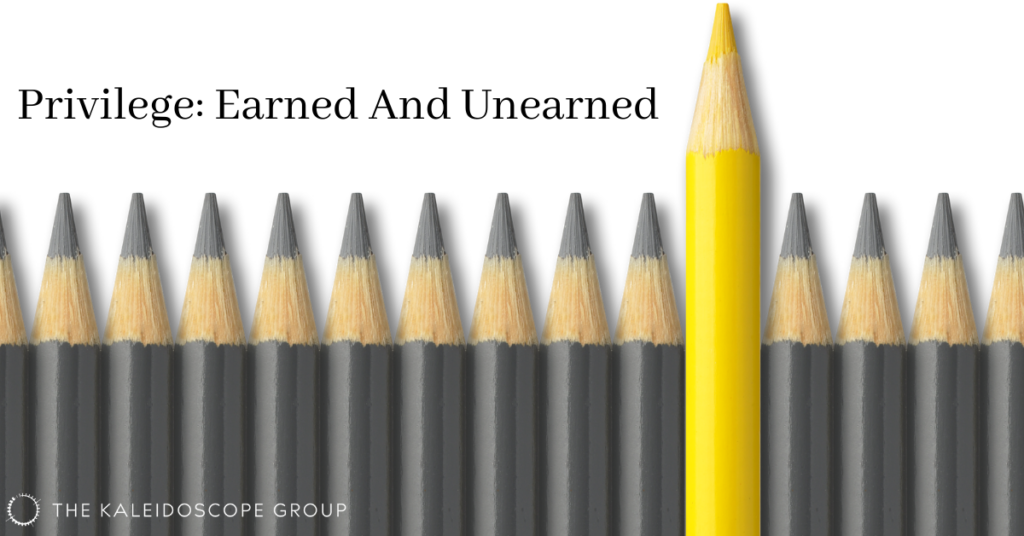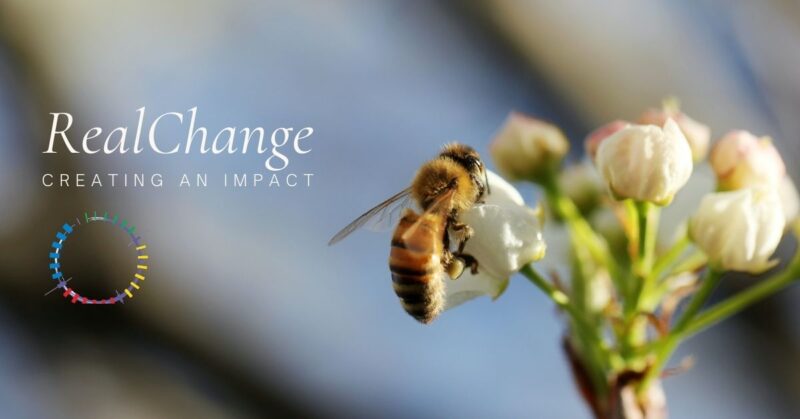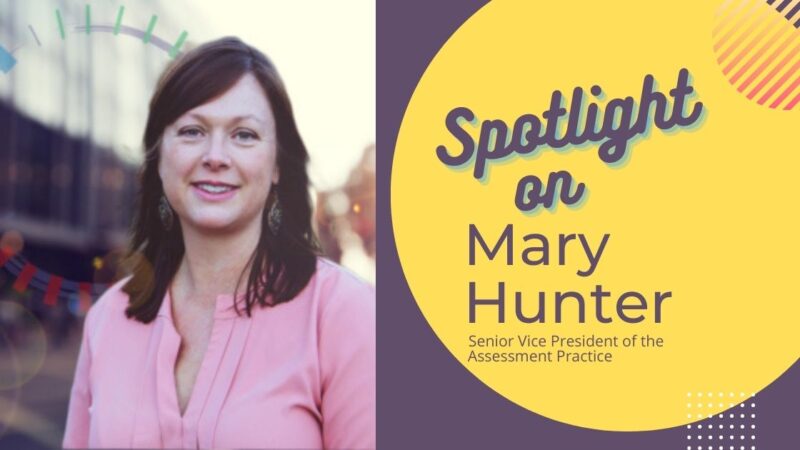Privilege: Earned and Unearned
October 14, 2021

Earned Privilege
Calling someone privileged is almost as insulting as calling someone racist. Unfortunately, some people don’t understand privilege at all. It should not be a point of contention and division because we all have privilege. There are privileges we earn and those we do not and we will take a look at how each appears and their impact on how we see ourselves and how others see us.
Most of us are proud and excited to talk about our earned privilege. I earned a degree from this university, I earned a promotion or I earned this championship trophy. In fact, many times, the things we have earned we don’t see as privilege at all. How does earning a degree become privilege? It provides you entry into conversations and opportunities those without a degree have a more difficult time accessing those conversations and opportunities. Make no mistake, you put in the work and you earned it. There is no judgment about the corresponding privileges, but rather an acknowledgment that those privileges are not available to everyone.
Unearned Privileged
The other privilege which many of us do not want to talk about is the unearned kind. Many of us work hard to make the unearned privilege invisible, non-existent or minimal. People who are tall have the privilege of reaching things smaller people cannot. These tall people did nothing on their own to earn that privilege, but yet it exists. In fact, studies have shown that being tall has its advantages beyond the ability to reach high objects. People tend to trust tall people more and tall people tend to earn more than their counterparts. You might be saying “yeah right” but being tall has its advantages.
Similarly, there is a privilege to being male or being white and that too is unearned. It is difficult for people to admit that their gender, race, or sexual orientation comes with unearned privileges, but it does. With car buying, how many of us know a woman who knows more about cars than most men, but will take a man with them to shop for a car simply to get the best price? How many studies have shown that when using the same resume, but just changing the names to “White” or “Black” sounding names, the applicants with more “white” sounding names receive more interviews? Unearned privilege is real, but somehow it makes the recipient of that privilege defensive. The truth is we all have both earned and unearned privilege.
Understanding the Concept of Earned and Unearned Privilege
Once people understand the concept of privilege from an earned and unearned perspective they will have a better sense of how it shows up in their lives. They will be better equipped to recognize not only the obstacles they faced in getting to where they are but also the obstacles they didn’t have to face. They will appreciate absent obstacles that others did and may still have to navigate. This is not to say they didn’t work hard but rather to acknowledge the barriers and challenges of others. This is a powerful exercise. It helps you see yourself in a more positive light. Instead of hiding aspects of your life that have helped you be successful, you embrace it – earned and unearned. This self-awareness frees you from defending privilege to understanding it and its impact. It also helps you have an appreciation for others which you may not have had in a defensive privilege posture.
Here are Three Steps for Addressing Privilege:
Identify
You must ask yourselves the tough questions: What privileges do I have? Which ones are earned and which ones are unearned? When we have this conversation, the goal is not to punish ourselves for being tall or being male or being white. The goal is to recognize that those things that provide us with privileges allow us to avoid certain barriers and obstacles.
Discuss
You must free yourselves to have the privilege conversation with others. When the word privilege comes up, engage in the conversation instead of retreating. Now that you understand your own privilege you no longer have to defend it. You can open your mind to understanding others and their journey. This conversation is liberating and constructive because the participants are no longer comparing pain and struggle but rather seeking ways to assist each other to be the best version of themselves
Manage
You must manage your privilege. When we know the areas where we have privilege and are free to have the privilege conversation with others, we can better manage it to help others. As a male, there are times people listen to men over their female colleagues. That man can use this privilege to amplify the voices of his female co-workers: “Karen made a great point” and restate her remarks; or “Karen was trying to make a point” and relinquish the floor. A male might manage his privilege by removing a barrier altogether. Have you been in a meeting where only certain people are allowed to speak? Who made that rule? Well, change the rule where everyone is allowed to speak. For example, institute a rule where everyone is given the floor. They can use it or yield but know they will be allowed to speak. And when leadership encourages and supports such changes, the ideas presented will create a rich discussion and spark innovation.
Privilege is neither bad nor good in and of itself. However, it can impact good and bad outcomes for various individuals and groups. The key is to identify, discuss and manage privilege as we seek to achieve better outcomes for everyone.


